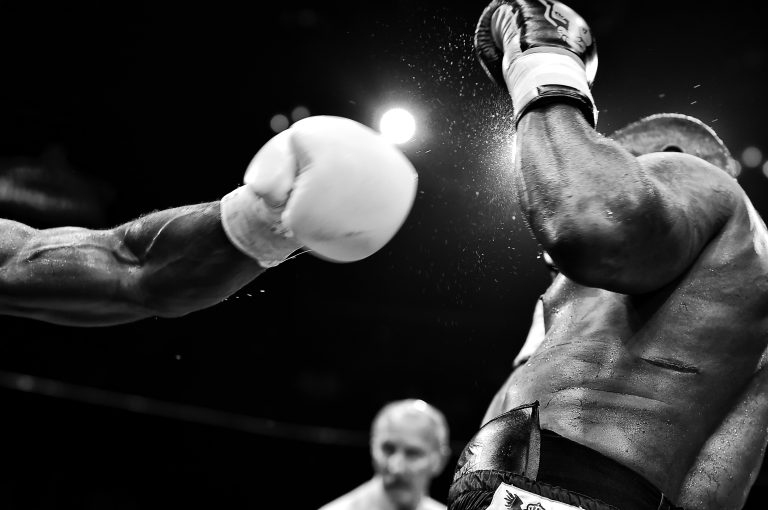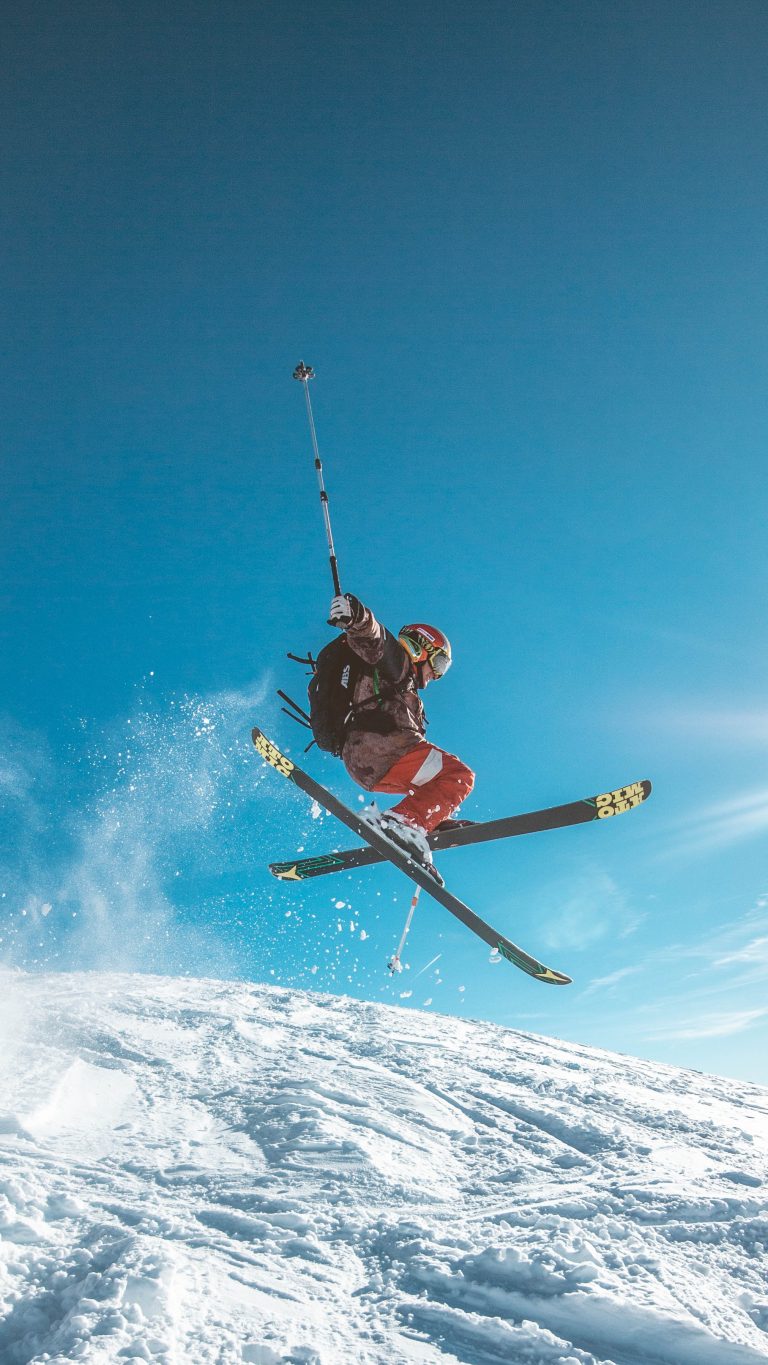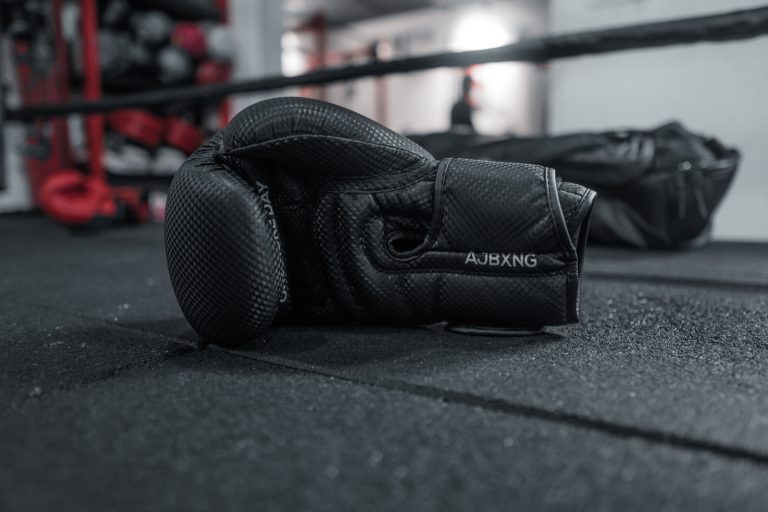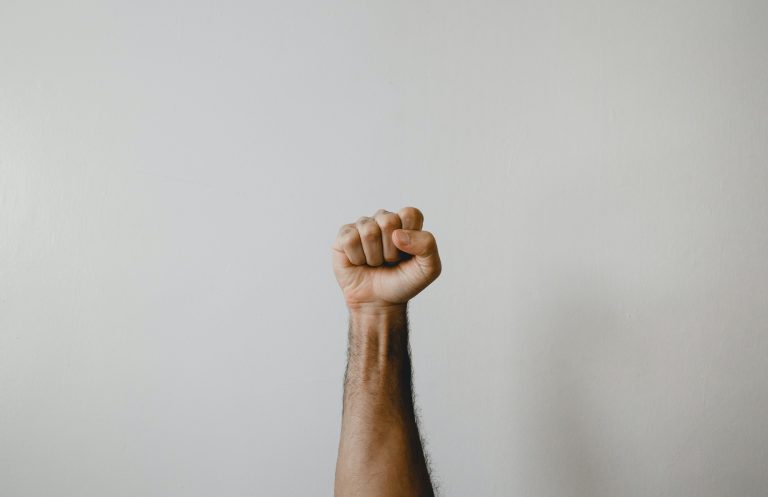What Skills Does Karate Give You?
Karate is a martial art that originated in Okinawa, Japan, and is now practiced all around the world. It is a disciplined form of physical training that teaches self-defense, self-discipline, and respect for oneself and others. Apart from karate being a great way to keep fit, it also provides a range of skills that will benefit practitioners for the rest of their lives. In this post, we explore some of the key skills that karate gives you.
1. Self-Defense
One of the primary skills that karate provides is the ability to protect oneself in dangerous situations. Karate is a martial art that primarily focuses on self-defense techniques that involve punching, kicking, and blocking. Practicing karate allows an individual to develop the strength, speed, and coordination necessary to defend themselves physically. In karate, individuals learn to be aware of their surroundings, to recognize potential threats, and to react quickly to avoid or overcome danger.
On top of that, karate also teaches the importance of de-escalation and situational awareness. Rather than resorting to violence immediately, individuals who practice karate understand that confrontation can often be avoided through good decision-making, conflict resolution, and an element of diplomacy.
2. Self-Discipline
Karate is a discipline that requires constant practice, patience, and perseverance. It provides an opportunity to train the mind and body in harmony, allowing practitioners to develop self-discipline, self-control, and mental fortitude. This is important not just in martial arts but in everyday life as well. Practicing karate helps individuals to focus and develop the ability to concentrate their minds, which can be useful in academia, the workplace, and in relationships.
Through continuous practice, karate teaches individuals to maintain their discipline, even under difficult circumstances. It forces the individual to overcome their own ego, to deal with disappointment and failure, and to accept criticism and correction from others positively. By doing so, individuals increase their strength of character, and their ability to deal with difficult situations, particularly when the pressure is on.
3. Confidence & Respect
Karate is more than just punching and kicking. It also emphasizes the importance of mutual respect and courtesy. Practicing karate helps individuals develop a sense of self-confidence that goes beyond their skills and abilities as martial artists. When individuals practice karate, they learn to respect their teachers, their opponents, and themselves. These values translate into the other areas of their lives as well.
The discipline of karate also enables individuals to cultivate a strong sense of self-worth, which boosts their confidence and self-esteem. It teaches individuals to trust in their abilities, to conquer their fears and to take pride in their accomplishments. With time, this newfound confidence spills over into other areas of their lives, allowing them to achieve greater success in their personal and professional life.
4. Better Physical Health
Karate is a full-body workout that strengthens muscles, improves flexibility, and increases endurance. In addition to that, it also helps to reduce stress, anxiety, and depression. Practicing karate regularly helps individuals to maintain strong bones and joints, healthy blood pressure levels, and a healthy body weight.
Furthermore, karate training also boosts one’s cardiovascular system and increases lung capacity. It enhances core strength, balance, and coordination. It also promotes overall mental and emotional well-being, which is just as important in maintaining an individual’s good health.
5. Focus and Concentration
One of the key skills needed in karate is focus and concentration. The sport requires a high degree of mental and physical engagement, which helps to sharpen reflexes, increase reaction speed, and improve overall awareness. These skills translate to other areas of life, as individuals begin to develop the ability to concentrate on tasks for extended periods of time and avoid distractions, leading to increased productivity.
Karate training also involves learning katas, a pre-arranged set of movements that require individuals to focus intensely on the choreographed routine. This dance-like training helps practitioners develop memory and concentration skills by solidifying the sequence of moves in their mind.
The Benefits of Learning Karate: Frequently Asked Questions
Karate, an ancient martial art, has both physical and mental benefits. It is not just a means of self-defense, but also a form of exercise that helps improve an individual’s mental, physical and emotional health. In this article, we will provide answers to some of the most frequently asked questions about the skills that karate teaches.
What Is Karate?
Karate is a Japanese martial art that was developed in the Ryukyu Islands, now known as Okinawa. It involves striking, kicking, and defensive techniques using one’s hands, feet, elbows, and knees, among others. Karate has three main components: kihon (basic techniques), kata (forms), and kumite (sparring).
What Skills Do You Learn in Karate?
Karate teaches a range of skills, including:
1. Self-Defense
The most obvious skill that karate teaches is self-defense. Karate involves techniques for blocking, striking, and grappling that can be used to defend against physical attacks.
2. Physical Fitness
Karate involves a lot of physical activity, including warm-ups, stretching, and training. Karate training helps to improve strength, flexibility, balance, endurance, and overall physical fitness.
3. Discipline and Self-Control
Karate training is very disciplined, and requires a great deal of self-control. Practitioners are expected to follow the rules of the dojo (the training hall) and to show respect to their instructors and fellow students.
4. Mental Focus and Concentration
Karate training involves a lot of mental focus and concentration. Practitioners must learn to control their thoughts and emotions, and to remain calm and focused in difficult situations.
5. Goal Setting and Achievement
Karate training involves setting goals and working towards them. Whether it is mastering a particular technique or earning a new belt rank, practitioners learn the value of setting goals and working hard to achieve them.
6. Respect and Courtesy
Karate training emphasizes the importance of respect and courtesy towards others. Practitioners are taught to show respect to their instructors, fellow students, and opponents, both inside and outside the dojo.
7. Perseverance and Determination
Karate training requires perseverance and determination. Practitioners learn to push through physical and mental challenges, and to keep working towards their goals even when things get tough.
Is Karate Safe?
Like any physical activity, karate has some inherent risks. However, karate training is generally safe as long as it is supervised by a qualified instructor and practiced in a safe environment. It is important to wear the proper protective gear, such as gloves and headgear, during sparring sessions to prevent serious injury.
What Age Is Best to Start Karate Training?
Karate training can be started at any age, although children as young as four can begin training. However, it is important to choose a dojo that offers age-appropriate training and supervision.
How Can I Find a Karate School?
There are many karate schools (dojo) located around the world. To find a karate school near you, you can do an online search or ask for recommendations from friends or family members who practice karate.
How to Develop Skills in Karate – A Step-by-Step Guide
Karate is a traditional martial art that is known for its physical and mental benefits. From developing strength and flexibility to improving concentration and discipline, karate offers a wealth of skills that can benefit anyone who practices it. In this guide, we will take a closer look at how to develop skills in karate.
Step 1: Find a Qualified Karate Instructor
The first step to developing skills in karate is to find a qualified instructor. Look for an instructor who has experience teaching martial arts and who holds a black belt or higher rank in karate. A good instructor should be able to provide you with a structured training program that is tailored to your individual needs and goals.
Step 2: Learn the Basics
Once you have found a qualified instructor, the next step is to learn the basics of karate. This includes learning the stances, strikes, kicks, and blocks that are used in karate. Your instructor will likely start by teaching you basic techniques such as the front kick, roundhouse kick, and side kick. As you progress, you will learn more advanced techniques such as the flying kick and spinning back kick.
Step 3: Practice Regularly
Like any skill, developing skills in karate requires regular practice. Set aside time each day or each week to practice your techniques and work on your form. Consistency is key, so aim to practice for at least 30 minutes each day.
Step 4: Build Strength and Flexibility
Karate requires a great deal of strength and flexibility, so it is important to build these attributes as you train. Incorporate strength and conditioning exercises into your training regimen, such as push-ups, sit-ups, and squats. You can also use resistance bands or weights to build strength.
Stretching is also an important part of developing flexibility. Make sure to warm up before stretching by doing some light aerobic exercise such as jogging or jumping jacks. Once you are warmed up, perform a variety of stretches that target your legs, arms, and back.
Step 5: Set Goals and Track Progress
Setting goals and tracking your progress is an important part of developing skills in karate. Set specific goals that are achievable and measurable, such as mastering a new technique or earning a higher belt rank. Keep a training log so you can track your progress and celebrate your successes.
Step 6: Develop Mental Toughness and Discipline
Karate is not just about physical strength and flexibility – it is also about mental toughness and discipline. To develop these skills, focus on your breathing and stay present in the moment while you train. Practice mindfulness and meditation to improve your concentration and reduce stress.
Finally, karate teaches self-discipline and self-control. Apply these skills to your everyday life as well by setting goals, managing your time effectively, and staying focused on your priorities.
Conclusion
Karate is a powerful martial art that offers a wealth of physical and mental benefits. By following these six steps, you can develop skills in karate that will serve you well in all areas of your life. Remember to find a qualified instructor, learn the basics, practice regularly, build strength and flexibility, set goals and track progress, and develop mental toughness and discipline. With dedication and hard work, you can become a skilled karate practitioner.
Inhaltsverzeichnis






